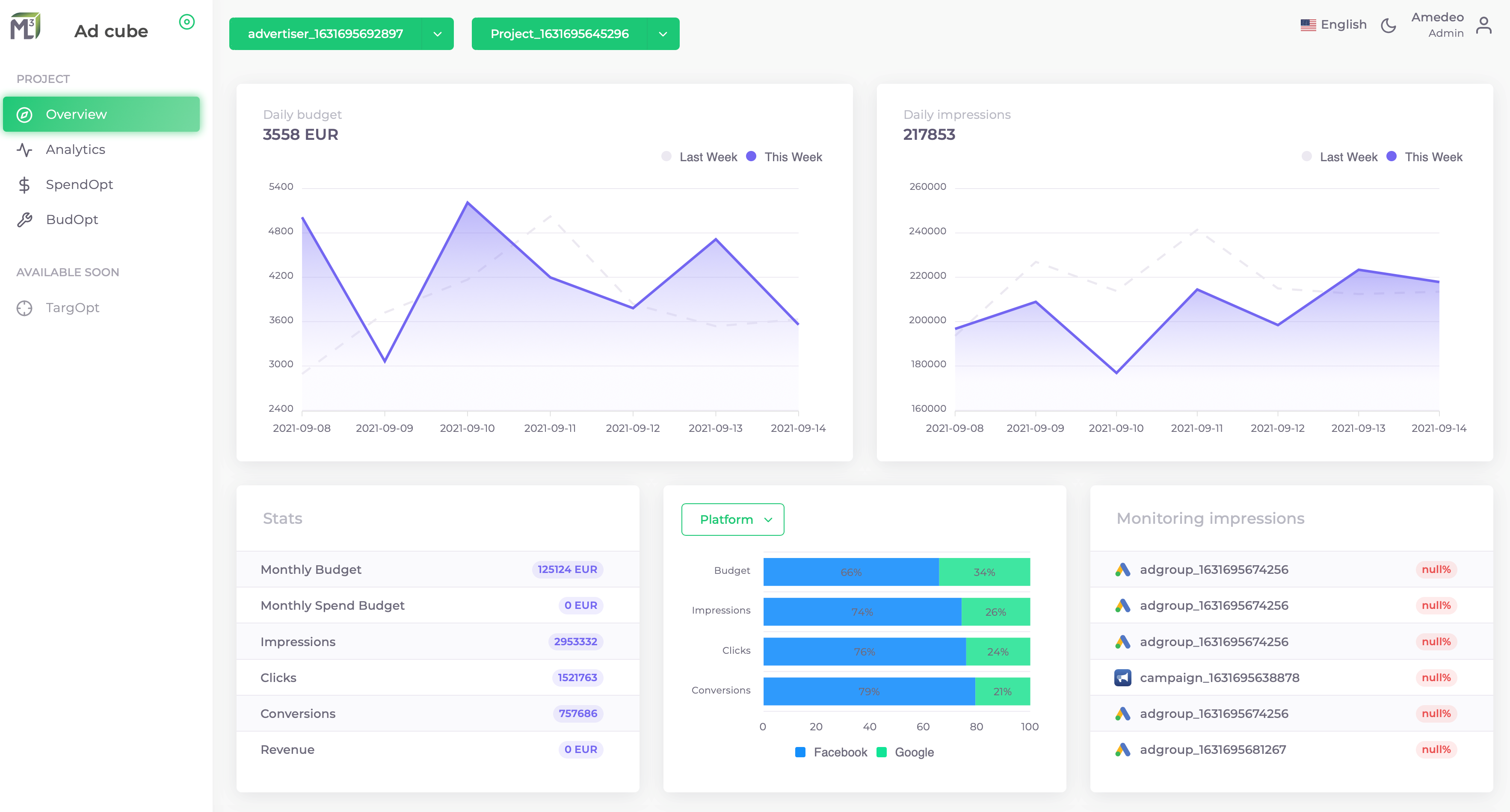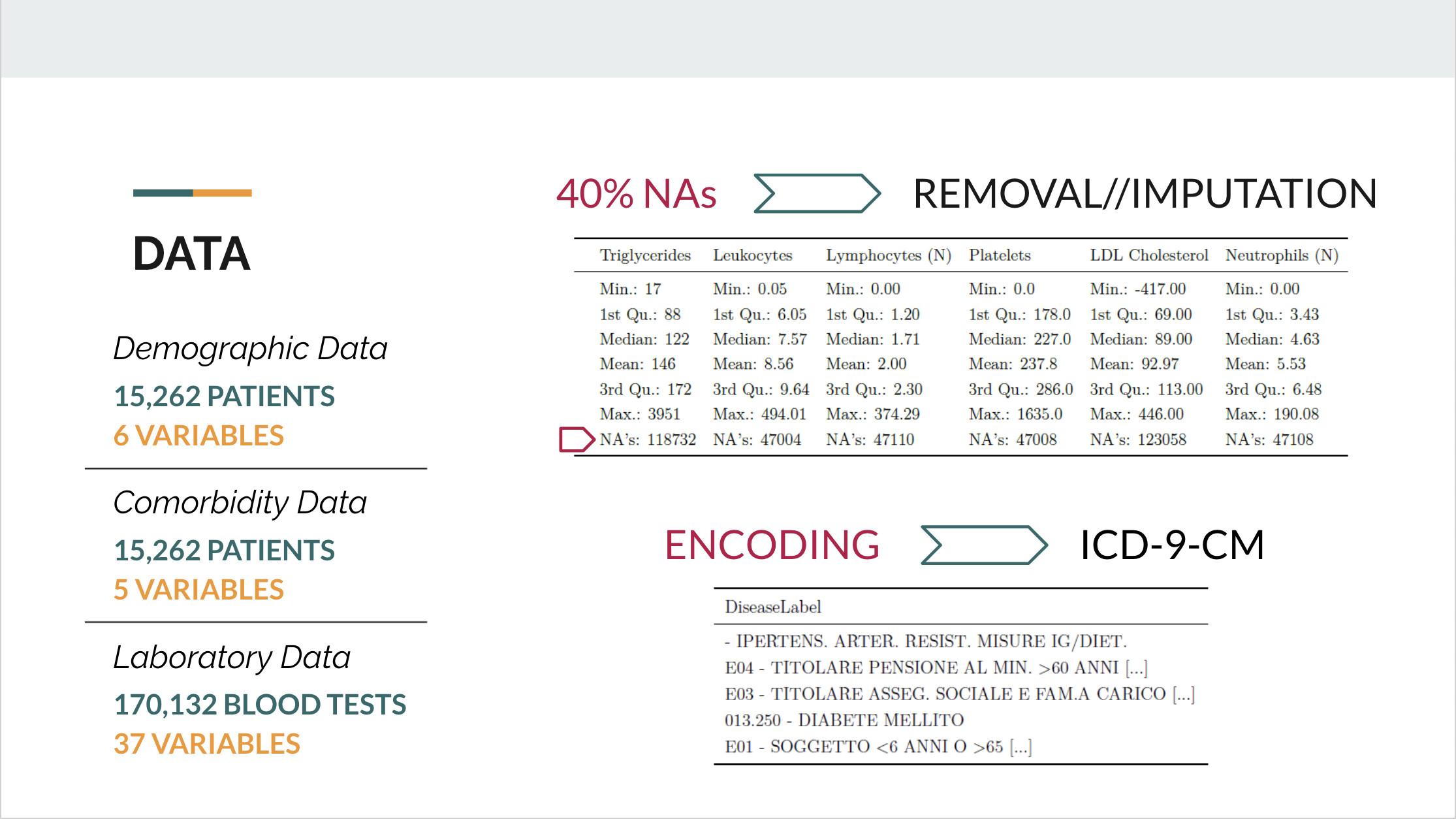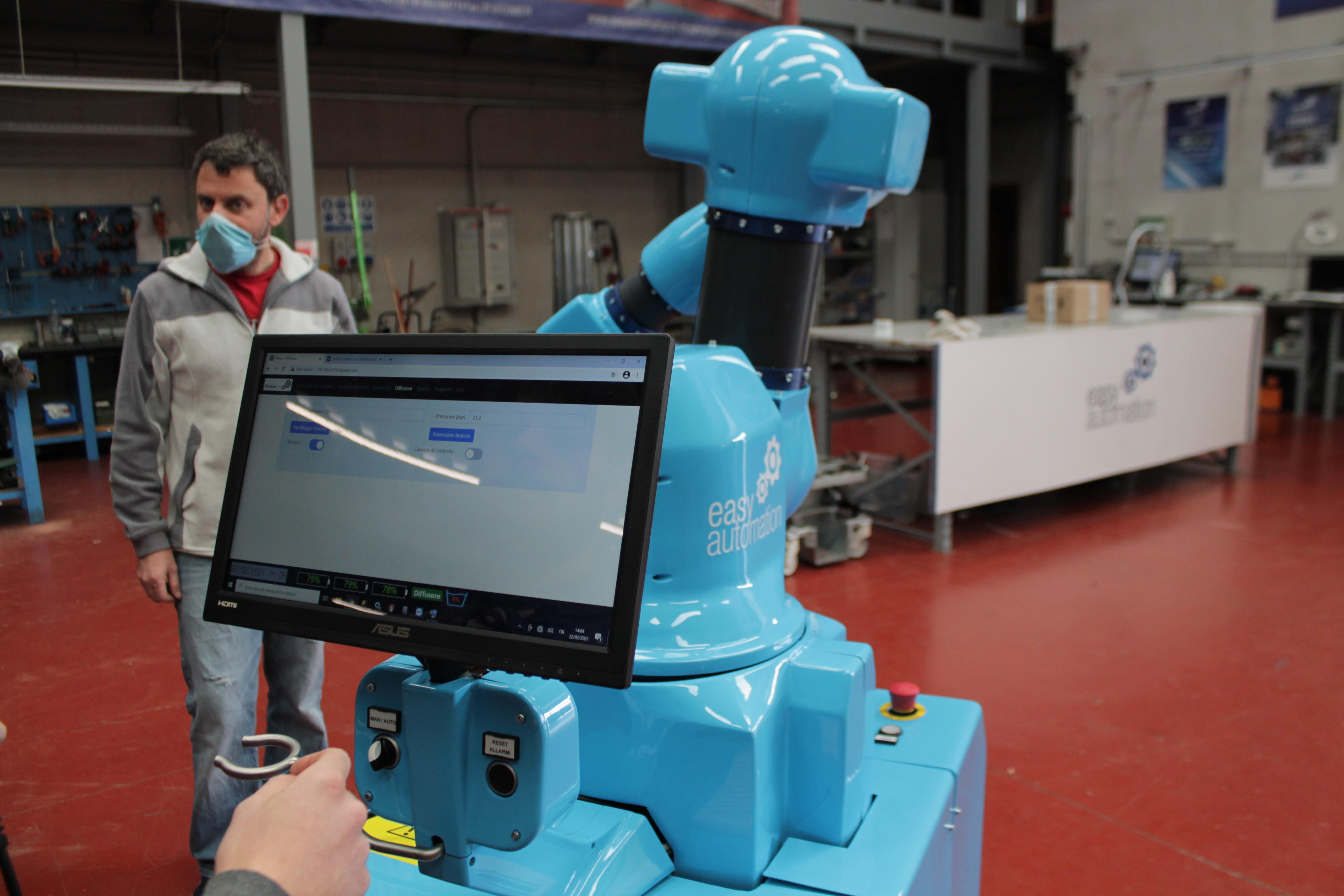Artificial Intelligence (also known by the acronym AI which stands for Artificial Intelligence) is the ability of a machine to exhibit human capabilities such as reasoning, learning, planning and creativity. Artificial Intelligence enables systems to understand their environment, relate to what they perceive and solve problems, and act towards a specific goal. The computer receives data (either already prepared or collected via sensors, such as a video camera), processes it and responds. AI systems are capable of adapting their behaviour by analysing the effects of previous actions and working autonomously. So Maker Faire Rome has always identified this technology as the protagonist of the future, giving ample space over the years to Machine Learning projects. The 2021 edition of the Fair has done the same. Here is a selection of the most interesting projects, which were featured from October 8 to 10.
AI SYSTEM FOR THE OPTIMIZATION OF ONLINE ADVERTISING CAMPAIGNS
Ad cube is a project by Alessandro Nuara that optimises marketing campaigns across different advertising channels on a single platform. Machine Learning algorithms support marketers in making decisions and automating activities that have a significant impact, such as budget and targeting optimisation.
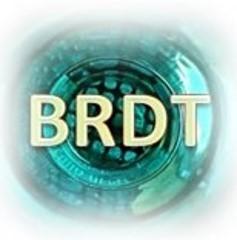
BIOMETRIC RIGHT DATA TREATMENT
Biometric Right Data Treatment is an innovative solution that uses biometric modules developed by the University of Cagliari with advanced Artificial Intelligence techniques. It makes it possible to control the management and dissemination of digital information produced by a community of subjects authorised to process and physically recognised through biometric identification. Above all by making digital content self-consistent and independent from the point of view of confidentiality and security in accordance with the European General Data Protection Regulation (GDPR) EU 2016/679 and the Legislative Decree of 10 August 2018, no. 101.
MACHINE LEARNING PREDICTION OF DIABETES COMORBIDITIES IN A LARGE ITALIAN COHORT
Diabetes Mellitus and its complications are one of the leading causes of death in the world. Early diagnosis is essential to prevent or mitigate its prognosis. However, this disease is often diagnosed late and after decades of silent deterioration of the body. In this project, AI technologies are used to predict five comorbidities from 17,000 blood tests and 23 variables, none of which are currently used as diagnostic criteria. The results are promising and support a potential use of the system to facilitate early diagnosis of complications of diabetes mellitus. The project was developed by Giacomo Bornino, Marco Chierici, Venet Osmani, Antonio Colangelo, Giuseppe Jurman.
ONTOLOGY-BASED DATA MANAGEMENT
Ontology-based Data Management is based on the use of semantic technologies and techniques of representation and automatic reasoning about knowledge to allow access, integration, and verification of data quality, in the context of governance of information resources such as data, meta-data, services, and processes of modern information systems. With adequate tools and know-how, OBDM can be the solution for companies in the management of Data Governance issues and in the production of datasets compliant with the five stars of Linked Open Data. The project, among the protagonists of the Research area, was developed by OBDA Systems, a startup of the University La Sapienza of Rome that works on innovative solutions for enterprise data management based on semantic technologies and AI.
RASAN ROBOT: AI AS A SAFETY STANDARD
Rasan is a mobile robot with an anthropomorphic arm, designed for sanitisation. The project was carried out by Easy Automation srl, a company specialising in industrial automation. The robot is made up of 4 control units, the first for managing the mobile base, with the ability to generate maps and navigate autonomously using information from the installed security laser scanners and 3D cameras for managing obstacles. three-dimensional. The second control unit manages the anthropomorphic arm, which is used to spray even complex surfaces.
The third control unit is based on AI to recognise faces and, if they are too close to the robot, to stop the delivery of material. The fourth control unit is used to manage the PC and the web interface for managing the robot’s movements.
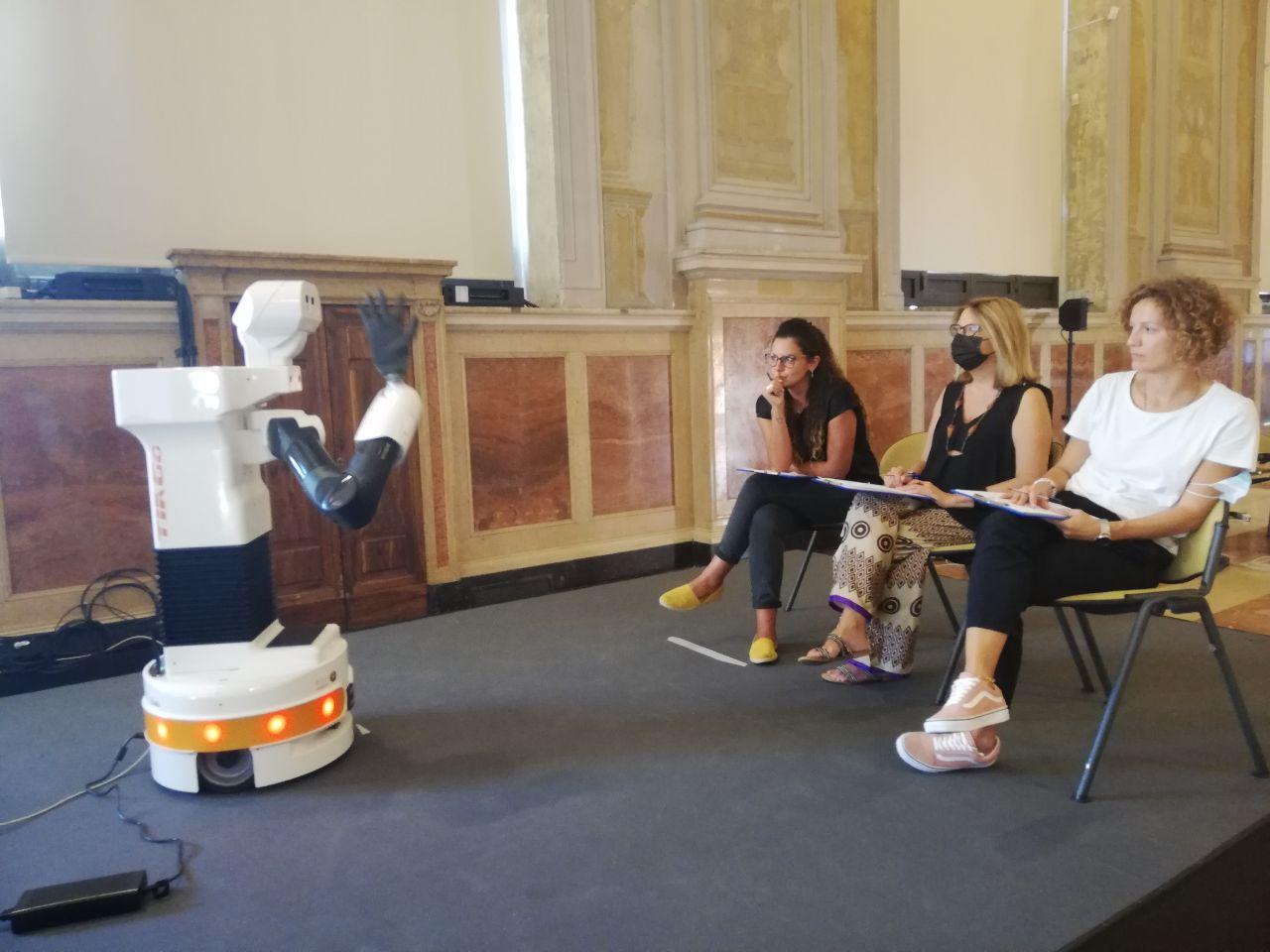
ROBOT SEGNANTE LIS
The project by Emanuele Antonioni, Daniele Nardi, Lun Wang, Lab RoCoCo Sapienza aims at developing robots increasingly able to live immersed in the most diverse social contexts, interacting with human interlocutors. In order to achieve this goal, it is fundamental to stress the accessibility and inclusiveness of these technologies, making them usable by categories with different needs. This project concerns a robot capable of interpreting and performing signs in the Italian Sign Language. The context represented is a bar, where this robot is able to take and communicate orders also with deaf people.
sources: makerfairerome.eu
cover photo: makerfairerome.eu
Maker Faire Rome – The European Edition has been committed since nine editions to make innovation accessible and usable to all, with the aim of not leaving anyone behind. Its blog is always updated and full of opportunities and inspiration for makers, makers, startups, SMEs and all the curious ones who wish to enrich their knowledge and expand their business, in Italy and abroad.
Follow us, subscribe to our newsletter: we promise to let just the right content for you to reach your inbox



